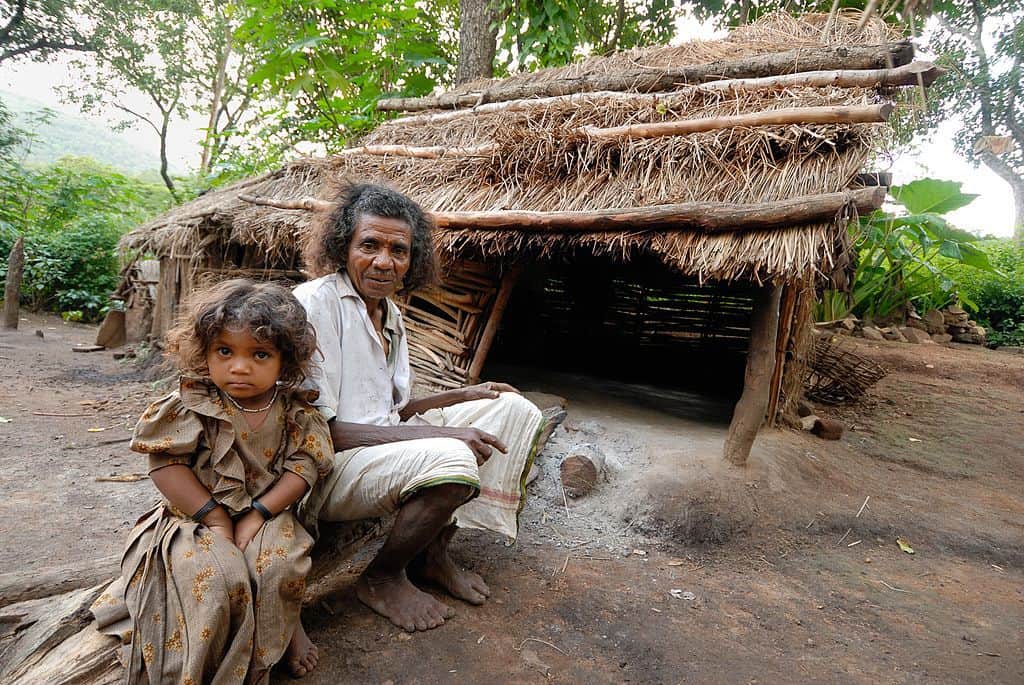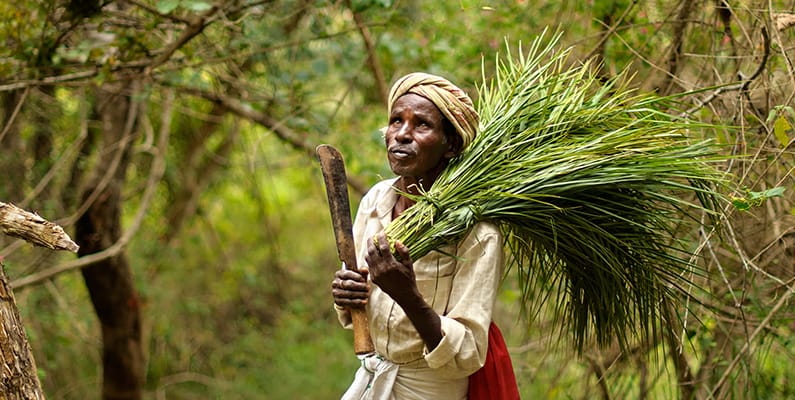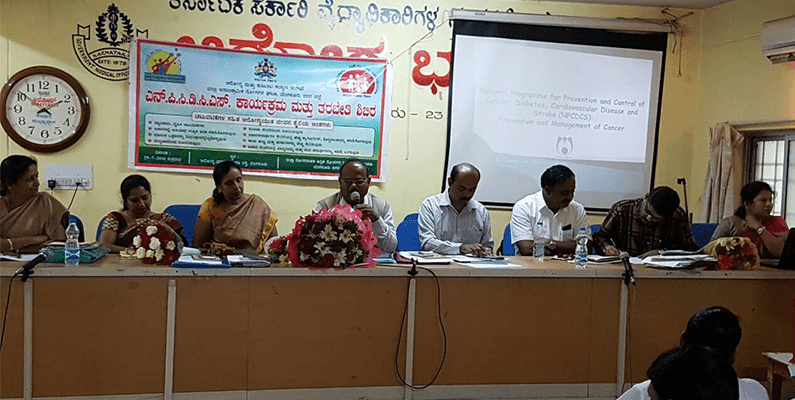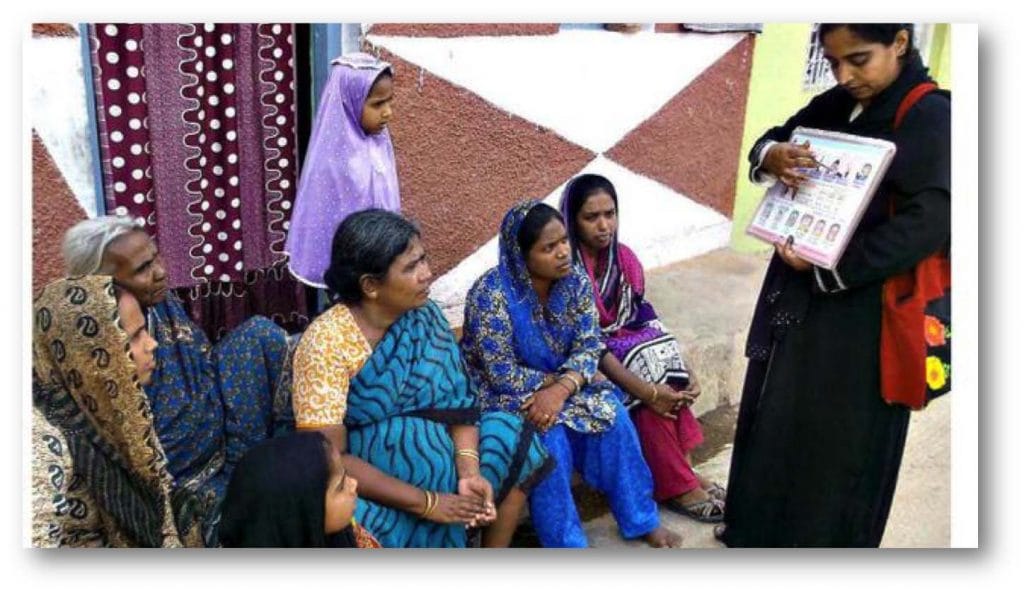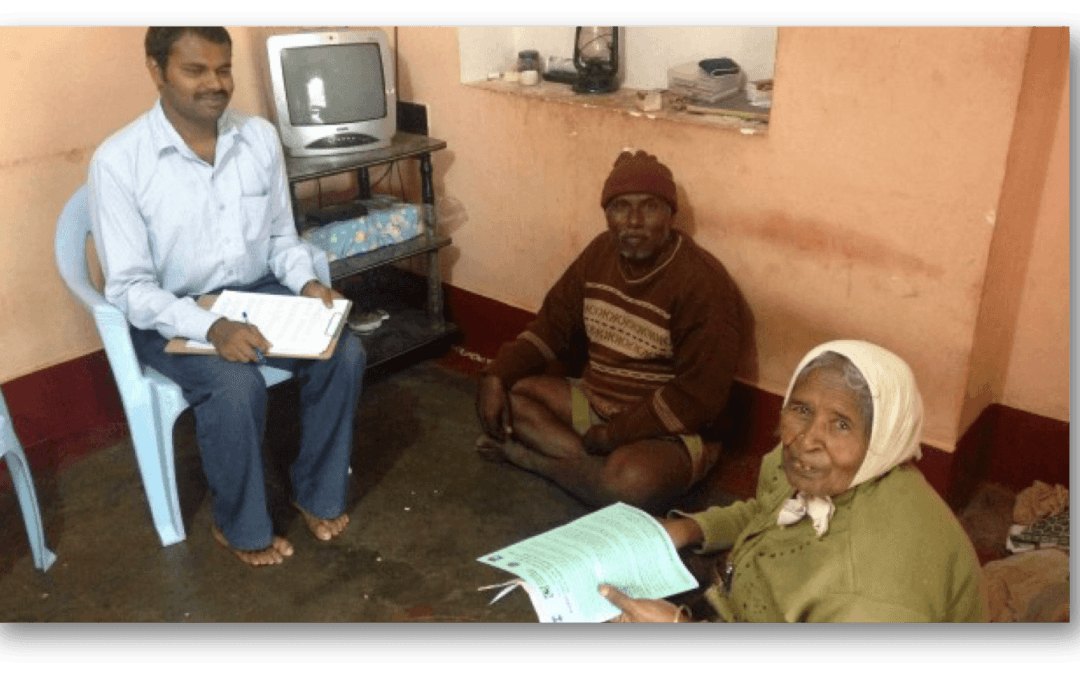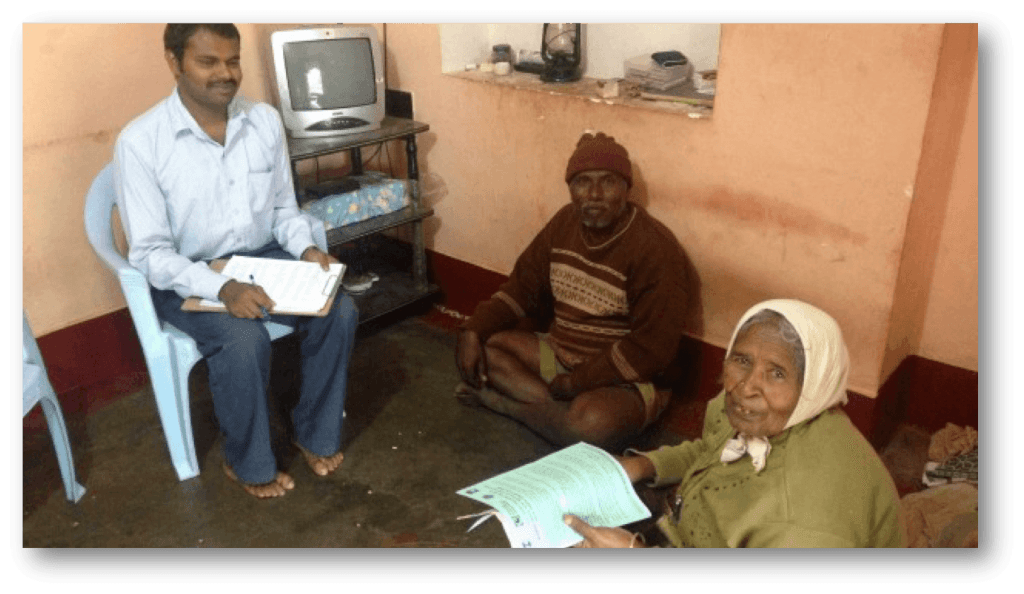
by iphindia | Jul 10, 2017 | Latest Updates, Public Health Seminars, Research
14 July 2017, 3:30 PM – 5:00 PM
#250, 2nd C Main, 2nd C Cross,
Girinagar Ist Phase,
Bengaluru – 560085
The seminar will focus on the objectives and study design for the research project that
Prashanth is undertaking under the Wellcome Trust/DBT India Alliance Intermediate Fellowship in Clinical and Public Health. It will begin with an overview of tribal health research in India. India’s tribal population lives largely in and around thickly forested areas, which are often difficult-to-reach. Most areas with high tribal populations also have poor health and nutrition indicators. However, the poor population health outcomes in tribal communities cannot be explained by geography alone. Social determinants of health, especially various social disadvantages compound the problem of access and utilization of health services and achieving good health and nutritional status. In the interest of achieving equitable health and universal health coverage, we need to better understand the reasons for poor health among tribal populations and generate scientific explanations for the drivers of health inequalities in tribal communities. This will help design and implement evidence-based and context-specific interventions to address health inequalities of tribal populations. In this research project, we will
1. describe and analyse the extent and patterns of health inequalities among forest-dwelling tribal communities in three major tribal regions;
2. explain the underlying reasons for health inequity among tribal communities through a contextualized and empirically validated theory;
3. design and pilot an intervention to address health inequalities by tribal communities.

by iphindia | Nov 21, 2016 | IRP, Blog, Latest Updates

The Soliga people of southern India continue to live within and around forest areas. Their history, tradition, and culture are deeply rooted within the forests in which they live. In an increasingly globalised world, their ways and means slowly erode as they inch towards the unfulfilled promises of development.
To read more: Click here

by iphindia | Nov 21, 2016 | IRP, Latest Updates

Introduction to Maternal Health of a Tribal Community in South India: Tribal communities in India are among the worse off with respect to maternal and child health. In India, only one among three deliveries of tribal mothers is considered a safe delivery, while only one in two tribal children are fully immunised against vaccine-preventable diseases. The Indian government’s flagship programme for improving health, the National Health Mission brought significant health reforms to improve the quality and reach of reproductive and child health services in India, such as the ASHA (Accredited Social Health Activist) and various cash incentives and schemes. It also encouraged local health planning at the district level, so that areas like Chamarajanagar may set their health priorities locally. However most Indian districts still do not adapt their health planning to suit their local context.
To read more : Click here

by iphindia | Aug 1, 2016 | Latest Updates, Urban Health Action
Bangalore Urban area under Health & Family Welfare department is rolling out National Program for Prevention and Control of Diabetes, Cardio Vascular Diseases and Stroke (NPCDCS). As a first step they have started training medical officer for Standard Treatment Guidelines and about the program. The first training session was conducted on 29th July 2016.
Dr Thriveni B S, who is leading Urban Health Project, which is looking at improving quality of NCD care of Institute of Public Health was invited to take session to share IPH work in KG Halli and experience highlighting the challenges working with the community.

by iphindia | May 18, 2016 | Latest Updates, Urban Health Action

IPH, Urban Health Team is working since last six years to improve quality of care for the residents of KG Halli, ward number 30. We have conducted baseline census in 2009 and follow up survey in 2013. The findings from this study and the challenges faced by the poor people in the community to manage chronic disease (Diabetes, HYpertension, etc.,) is featured in the news paper article.
This is one of the findings of a six-year survey in Kadugondanahalli
Yasmin (45), who lives in a crowded colony in Kadugondanahalli (K.G. Halli), had to have her leg amputated due to uncontrolled diabetes. The reason: she was not regular with medicines for years due to ignorance about the possible complications that could arise.
Her neighbour Husseinbi (60) has been suffering from hypertension for 12 years. She spends anywhere between Rs. 200 to Rs. 300 every month on medicines. Her husband is an auto driver.
For people from low-income families suffering diseases like hypertension and diabetes, a major component of their income goes to buying medicines. A study by the Institute of Public Health (IPH), Bengaluru, shows that many choose to forgo treatment, going to the doctor only when complications arise. The study has been published in BMC Public Health, an open access peer-reviewed journal. It covered patients in K.G. Halli from 2009 to 2015.
To read more about this article : Click here

by iphindia | Mar 16, 2016 | Blog, ATM, Latest Updates

Dr Praveenkumar Aivalli blog titled, ” What I learnt from my first health system research project ” published in BioMed Central
Starting my first research project
Back in 2013, I just stepped out of my university after getting my Master of Public Health degree, in no time I was given an excellent opportunity to work on a World Health Organization (WHO) funded health system research project in one of the reputed public health research institutes in Bangalore. It was the first research project of my public health career and as a new bee, I was buzzing with excitement and enthusiasm about the study.
The project was on improving NCD (Non Communicable Diseases) care at primary health centers in one of the districts in south India. It was a quasi experimental study trying to understand the impact of health system interventions through a baseline and end line household and facility surveys.
For better coordination, exposure and learning, I was placed in the study district. Having completed most of my education in the country, it was not that difficult for me to understand our country’s health system.
We visited more than 1000 families to get data on NCD care at the rural level, health seeking behaviors of NCD patients and their out pocket expenditures for NCD care.
The theoretical explanations from classrooms started fitting in its notches when I got exposed to the field during the early days of the project. I got the hang of the project fairly quickly and began preparing for the baseline survey in the year of 2013.
We visited more than 1000 families to get data on NCD care at the rural level, health seeking behaviors of NCD patients and their out pocket expenditures for NCD care. We also visited primary health centers and private pharmacies in the area to collect information on medicine availability.
To read more about Dr Praveenkumar Aivalli blog Click here

